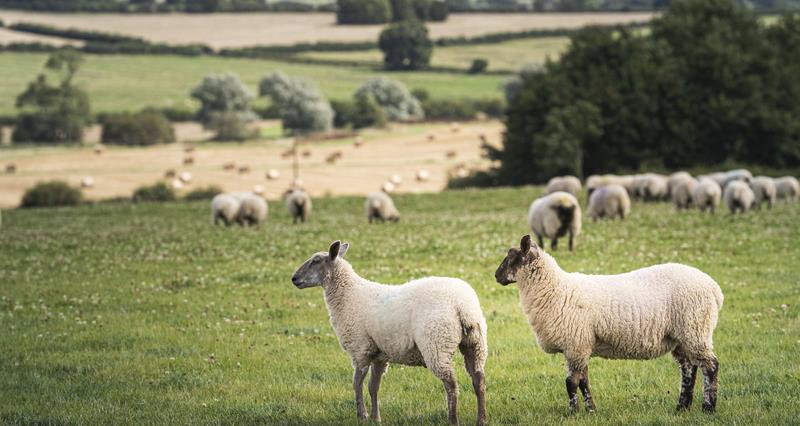Due to a recent outbreak of LSD (Lumpy Skin Disease) in France and Italy, the government has taken action to prevent the introduction of the disease in the UK.
This includes the suspension of imports of certain bovine commodities from both countries. Full details of the restrictions can be found on GOV.UK:
This is the first time that cases of LSD have been detected in Europe since 2018 (according to WOAH reports), the disease being more prevalent in African countries.
No cases have been reported within the UK, and the risk of incursion is currently classed as low.
The has more detail about the cases, or you can read the government's preliminary outbreak assessment: (PDF)
Trade considerations
As the disease can be transmitted by animals and their products and the lesions cause damage to hides, international trade will be impacted by an outbreak.
In the event of an outbreak in GB, trade in live animals or products of susceptible species, (such as semen, embryos, ova, by/co-products) would be suspended from premises within the infected area(s), according to guidance from WOAH.
The European Commission may request additional assurances, as may third country trading partners. Wherever possible, government would look to apply regionalisation in accordance with WOAH principles in order to allow trade to continue from unaffected areas.
Signs and symptoms
LSD primarily affects cattle, water buffaloes and certain wild ruminants. It is highly contagious, mainly spread by biting flies and mosquitoes. There is also potential for LSD to be spread via the importing of infected live cattle.
Sheep and goats are not affected by lumpy skin disease.
Affected animals typically exhibit sudden fever, nodular skin lesions, as well as swollen lymph nodes. Other common symptoms include nasal and eye discharge, loss of appetite, general weakness and a decline in milk production.
It does not affect people or food safety – meat and milk from infected animals are also safe to eat and drink.
For more information on the signs and symptoms of bluetongue, visit:
Reporting suspected Lumpy Skin Disease
LSD is a notifiable animal disease. Suspected cases must be reported immediately. Failure to do so is an offence.
- England – call the Defra Rural Services Helpline on 03000 200 301.
- Wales – contact 0300 303 8268.
- Scotland – contact your .



